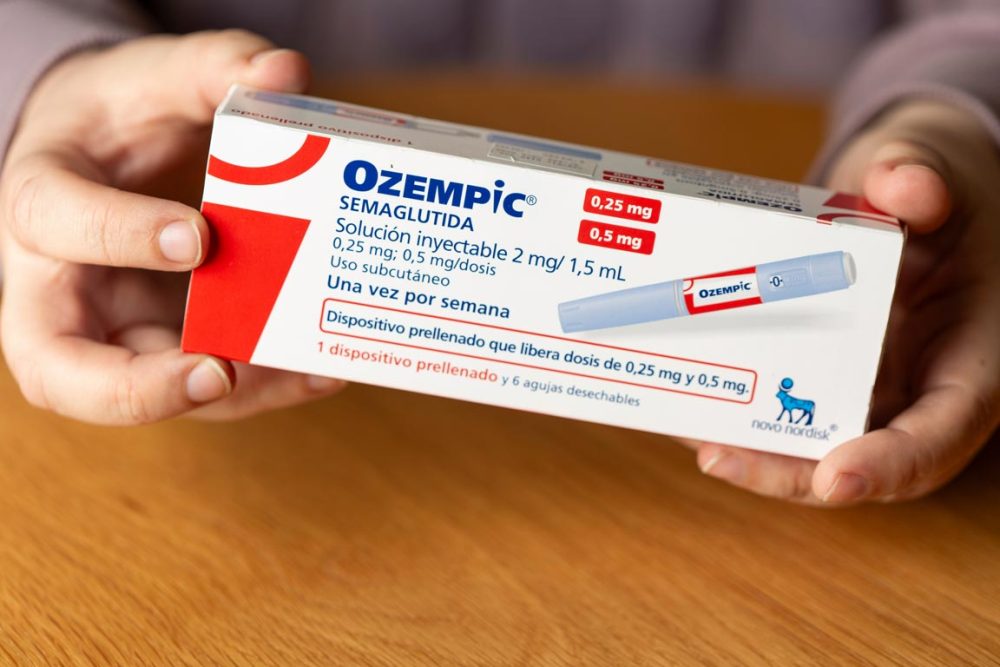Advertisment
Semaglutide may show promise for smoking cessation

New use of semaglutide was associated with a lower risk for medical care related to tobacco use disorder (TUD) in smokers with type 2 diabetes compared with 7 other anti-diabetes medications. Those who used semaglutide were less likely to have a medical encounter that included a diagnosis of TUD, prescribing of smoking cessation medication, or smoking cessation counseling during the study timeframe. These findings suggest the need for clinical trials to evaluate semaglutide’s potential for use in smoking cessation. The study is published in Annals of Internal Medicine.
Previous reports of reduced desire to smoke in patients treated with semaglutide, a glucagon-like peptide receptor agonist (GLP-1RA) medication for type 2 diabetes mellitus and obesity, have raised interest about its potential benefit for tobacco use disorders. Researchers from the National Institute on Drug Abuse, National Institutes of Health and Case Western Reserve University School of Medicine used a target trial emulation framework to evaluate the comparative effectiveness of the new use of semaglutide versus the new use of 7 other anti-diabetes medications, including other GLP-1RAs, on TUD-related health care measures in 3 study populations: patients with comorbid type 2 diabetes and TUD, patients with comorbid type 2 diabetes and TUD who had a diagnosis of obesity, and those who did not have a diagnosis of obesity.
The researchers found that semaglutide was associated with a lower risk for smoking-related health care utilization—including use that would indicate smoking cessation efforts. Similar effects were observed in subpopulations without and with a diagnosis of obesity and results were seen primarily within 30 days of prescription. While the findings were consistent with the hypothesis that semaglutide might be beneficial for smoking cessation, the authors say study limitations preclude firm conclusions and should not be interpreted to justify clinicians’ use of semaglutide off-label for smoking cessation.
Abstract: https://www.acpjournals.org/doi/10.7326/M23-2718





